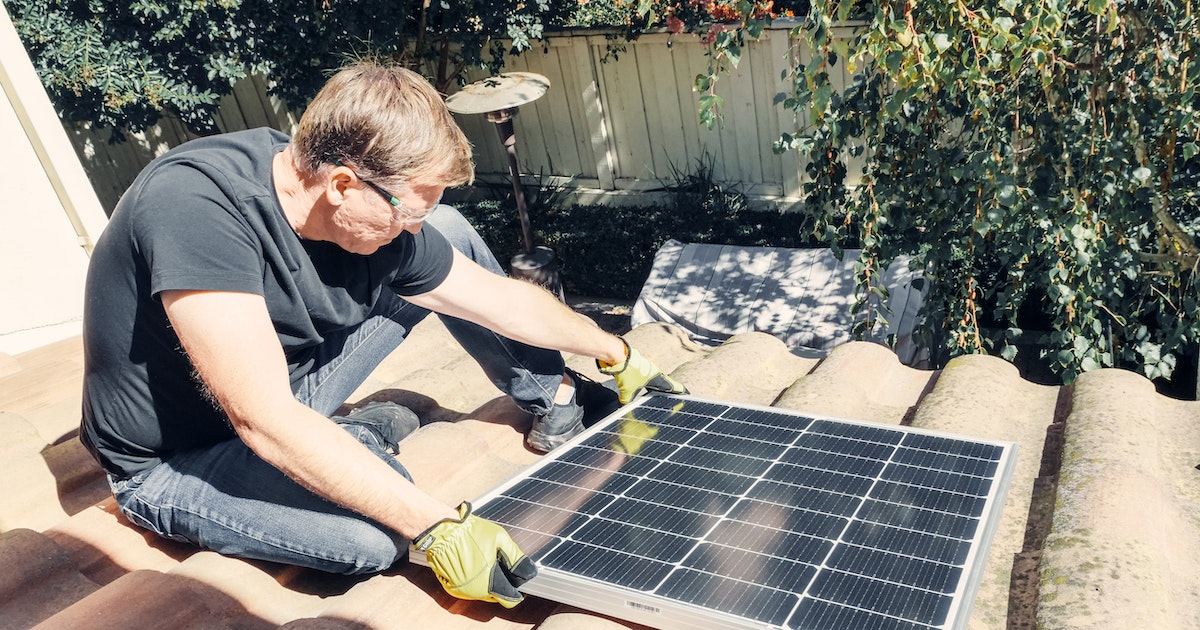Warranties Come in a Variety of Forms
There are several types of warranties available for solar panels, equipment, and installation. Among these warranties are the following:
Warranty on Solar Panels
This type of guarantee should last between 25 and 30 years. Understand that if the warranty supplied to you is less than 25 years, this is considered lesser than the industry standard.
This warranty provides a guaranteed minimum power output during the panel’s warranty duration. According to industry norms, you should receive at least 80% energy output for the duration of the panels’ guarantee.
Installation Guarantee
This guarantee covers circumstances in which solar panels and related equipment were improperly installed. These warranties typically range from 2 to 10 years.
Many of these warranties cover labor and parts for repairing or replacing system elements, roof penetrations, shipping, replacing defective parts, and other things. For further information, ask your contractor about the installation guarantees they offer.
Warranty for Inverters
This form of warranty can differ from one manufacturer to the next. Having said that, there are a few industry guidelines that can assist you in understanding the warranties that you should be granted. Standard “string inverters,” which handle power from a “string” of panels, often have warranties ranging from 5 to 10 years.
Generic “micro-inverters,” which connect to individual panels, have warranties ranging from 20 to 25 years. Inverter warranties typically cover material and manufacturing flaws and problems. In general, inverter warranties do not cover poor installation, regular wear, and tear caused by harsh conditions, or inappropriate maintenance.
12. Do you have adequate insurance?
Having the proper insurance to cover both yourself and any damage to your property during installation is an absolute must. Many issues can develop during the installation of your solar panels that you may not even consider until they occur.
Furthermore, many building codes, rebate needs, legal regulations, and certifications demand insurance before construction can begin. These guidelines and regulations differ by state. Therefore it is critical to contact the appropriate resources for your state before beginning your project.
